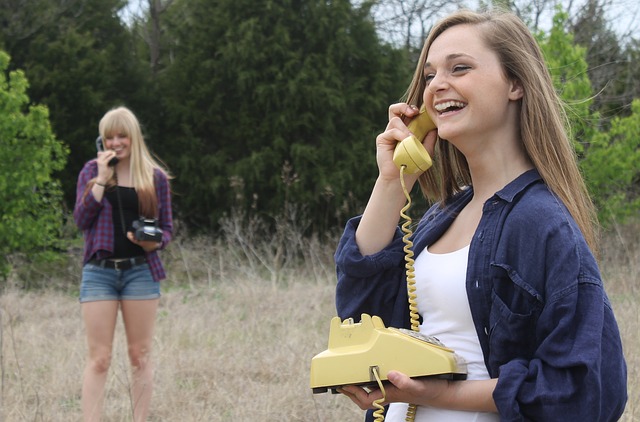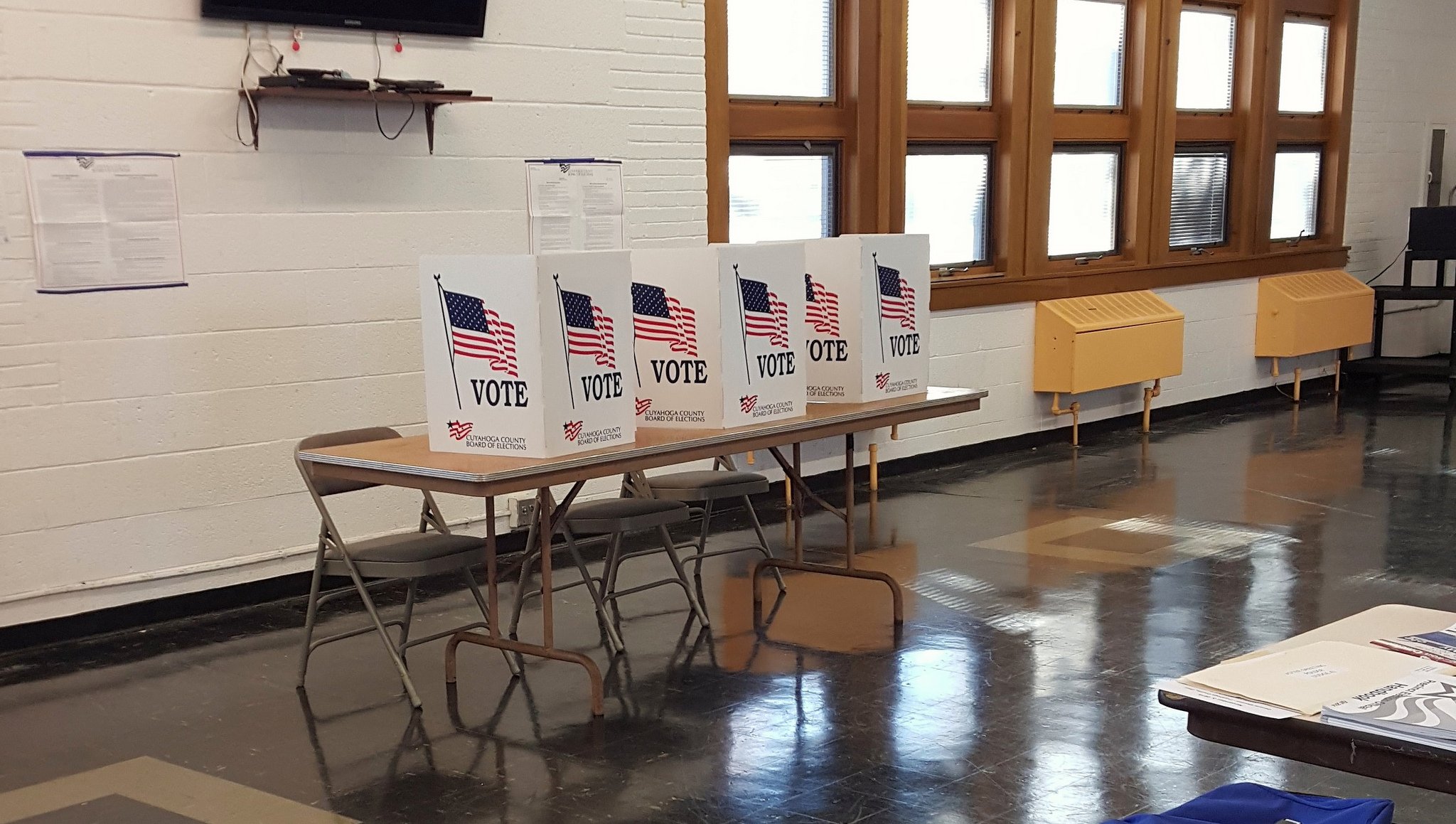
By Crystal Trillo
As time passes and trends change, words and their meaning also change. Every generation has come to develop their own special language and millennials are no different. They have created their own special way of speaking to others with a language consisting of the most odd sounding words and phrases.
While it can often be difficult to keep up with the latest lingo, all it really takes is a careful ear and the right amount of attention to come to a vague understanding of what millennials could possibly be talking about.
Below is a list of words and phrases commonly used by millennials and how they would use it in conversation, according to Dictionary.com :
– “Basic”: Calling someone basic is essentially calling them predictable or unoriginal. You’re saying they blindly follow trends and have no individuality or style of their own. For example, “Tiffany is so basic using the dog Snapchat filter.”
– “Extra”: Extra is the level above “too much.” It’s hyperbole personified: melodrama, glitz, and extravagance all rolled into one. For instance, “Rachel is so extra coming to school in heels and Coach purse.”
– “Feels”: Feels are feelings but on another level. For example, “The iconic kiss in ‘The Notebook’ gave all the girls feels.”
– “Goals”: Goals is pretty much what it sounds like. When you see someone or something out in the world that represents the kind of life you aspire to, that thing is goals. For instance, “Watching how cute my grandparents are together is serious relationship goals.”
– “High Key”: High key, as you’ve probably guessed, is the exact opposite low key. If you high key love something, you’re openly and unabashedly excited about it. For example, “McDonald’s chicken McNuggets are high key my guilty pleasure.”
– “Lit”: Lit can describe a situation or event that’s extremely cool, exciting, or crazy. For example, “That party last night was so lit.”
– “Low Key”: Low key generally means “of reduced intensity, restrained, or understated.” For instance, “Veronica low key likes classical music although she tells everyone she likes K-Pop.”
– “Shook”: I’m shook can be a way of saying you’re “shaken up,” in a good way or a bad way. It can mean you’re confused, flabbergasted, or surprised by something. It can also mean you’re agitated or disturbed mentally or physically. For example, “The amount of material in the final study guide had the students shook.”
– “Turnt”: Turnt can mean someone is either “super excited and enthusiastic about something” (like a party), or it can mean they’re “under the influence of alcohol or drugs.” The two meanings aren’t mutually exclusive. For instance, “Bobby was so turnt at the club last night he was hugging the toilet” or “Everyone at this party is so turnt.”
– “Woke”: A woke person is considered politically active, aware of racial tensions, the prison industrial complex, consumerism, gender fluidity, and the impact of socioeconomic disparity on minorities. Critics have suggested that some of those who represent themselves as woke are sometimes more concerned with making a statement on social media than engaging in “real-life” activism. For instance, “Angie considered herself woke after learning about the #metoo movement.”
It can be difficult to keep up with the changing terminology and the way people communicate with each other. Previous meanings for a word or phrase can change into something completely different.
While millennials have a unique and odd way of speaking, hopefully this guide has not shook you too much and you are now ready to have a lit conversation.






